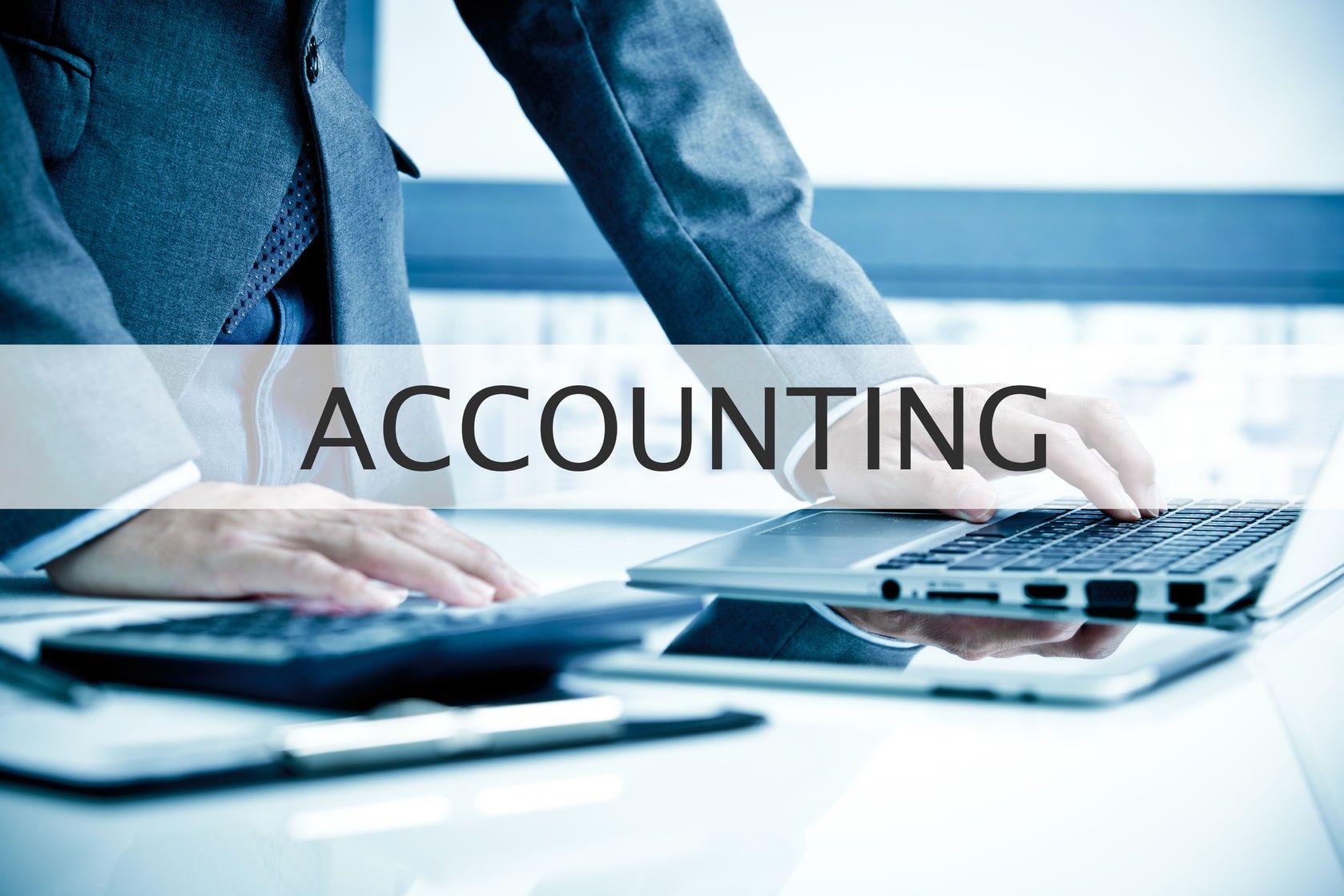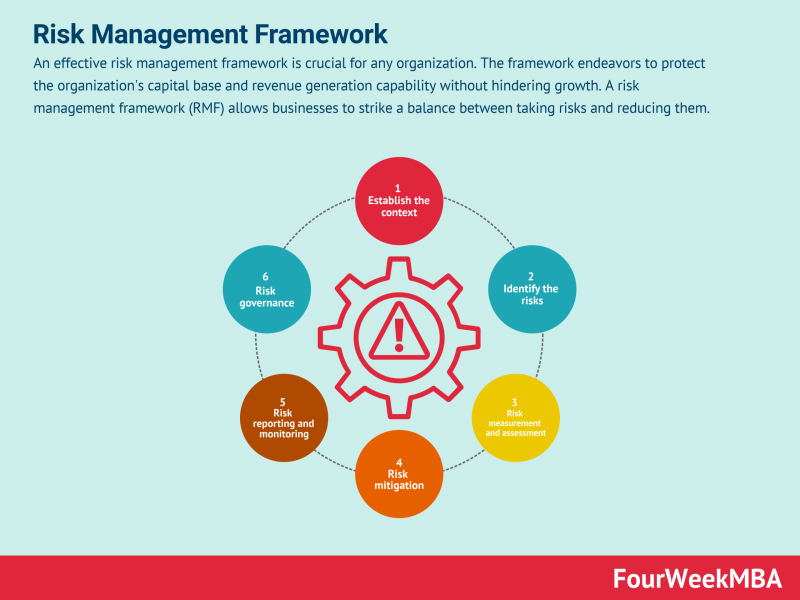Accounting software plays a crucial role in keeping track of your business finances, managing your expenses, and ensuring accurate financial reporting. With so many options available in the market, choosing the right accounting software for your business can be overwhelming. To help you make an informed decision, here are some key factors to consider when selecting accounting software for your business.
1. Identify Your Business Needs
Before you start looking for accounting software, it’s essential to identify your business needs. Consider the size of your business, the number of employees, the complexity of your finances, and any specific features you require. For example, if you have a retail business, you may need inventory management features, while a service-based business may prioritize time tracking and invoicing functionalities.
2. Scalability and Flexibility
Choose accounting software that can grow with your business. A scalable solution can accommodate your business’s growth and changing needs over time. Look for software that offers customization options and integrates with other business tools and applications to streamline your financial processes.
3. User-Friendly Interface
Usability is a crucial factor when choosing accounting software for your business. Look for software with an intuitive interface that is easy to navigate and user-friendly. Consider whether the software offers training and support resources to help you and your employees learn how to use the system effectively.
4. Reporting and Analysis Capabilities
Effective financial reporting and analysis are essential for making informed business decisions. Choose accounting software that offers robust reporting and analysis capabilities, such as customizable financial reports, real-time data insights, and forecasting tools. These features will help you track your business performance and make strategic decisions to drive growth.
5. Security and Compliance
Security is a top priority when it comes to financial data. Choose accounting software that prioritizes data security and compliance with industry standards and regulations. Look for software that offers encryption, secure backups, and access controls to protect your financial information from unauthorized access or cyber threats.
6. Pricing and Value
Consider your budget and the value you will get from the accounting software. Compare pricing plans and features offered by different software providers to find a solution that fits your budget and offers the functionalities you need. Consider factors such as subscription fees, add-on costs, and any implementation or training expenses to make an informed decision.
7. Customer Support and Training
Choose accounting software that offers reliable customer support and training options. Look for software providers that offer phone, email, or chat support to help you troubleshoot issues and get timely assistance when needed. Additionally, consider whether the software provider offers training resources, tutorials, and webinars to help you and your team make the most of the software’s features.
8. Integration with Other Business Tools
Integration capabilities are essential for streamlining your financial processes and increasing efficiency. Choose accounting software that integrates with other business tools and applications you use, such as CRM software, payroll systems, or project management tools. Integrated solutions can automate data entry, eliminate manual errors, and provide a holistic view of your business operations.
By considering these key factors, you can choose the right accounting software for your business that meets your needs, enhances your financial processes, and supports your business growth. Investing in the right accounting software will help you streamline your financial operations, improve productivity, and make informed business decisions to drive success.


